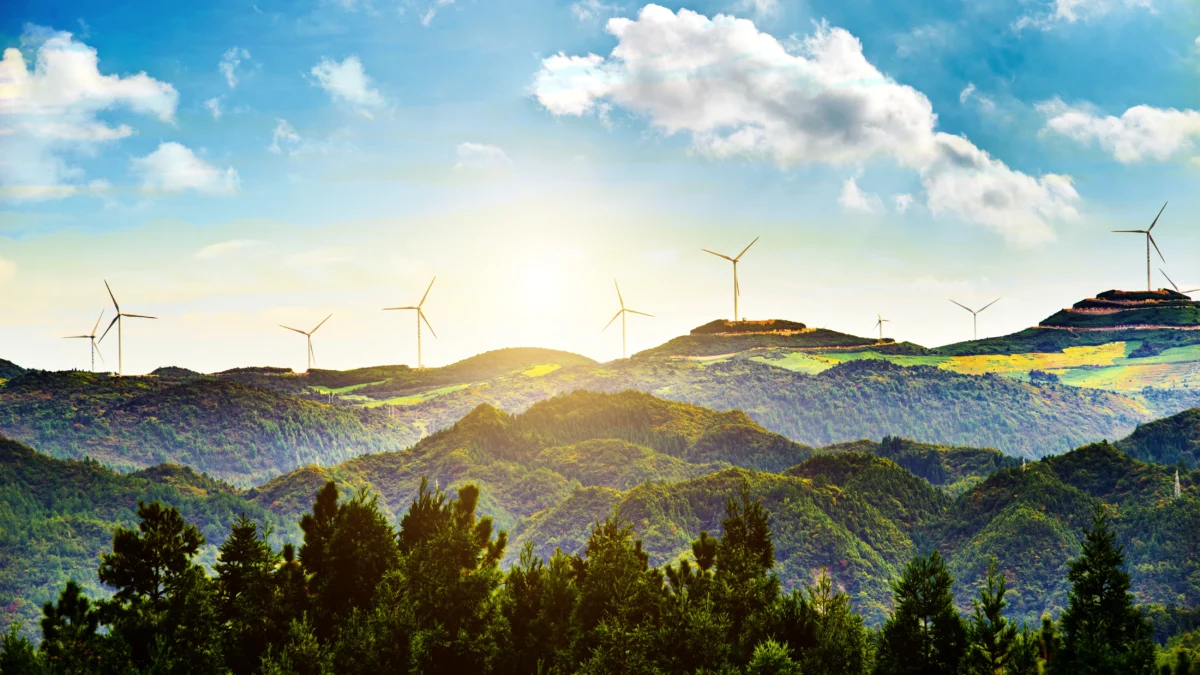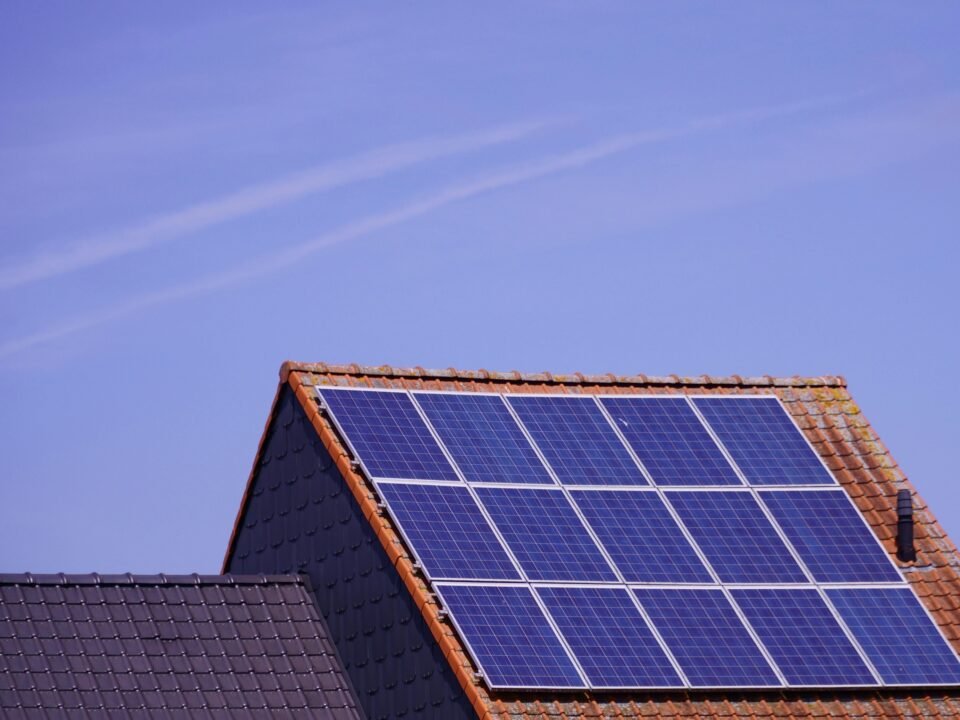Climate change is one of the most pressing challenges of our time. Rising global temperatures, unpredictable weather patterns, and environmental degradation highlight the urgent need for sustainable practices in energy production and consumption. As the world moves away from fossil fuels, eco energy solutions have emerged as powerful alternatives to reduce carbon emissions, preserve natural resources, and achieve global climate change goals.
This article explores how eco energy solutions contribute to combating climate change, the types of solutions available, their global impact, and how governments, businesses, and individuals can embrace them.
Understanding Eco Energy Solutions
Eco energy solutions refer to clean, renewable, and environmentally friendly methods of producing and utilizing energy. These solutions reduce dependency on fossil fuels like coal, oil, and gas, which are major contributors to greenhouse gas emissions. Instead, they rely on natural, replenishable resources such as the sun, wind, water, and biomass.
The core objectives of eco energy solutions are:
- Lowering carbon footprints
- Promoting energy efficiency
- Conserving natural ecosystems
- Providing sustainable power for future generations
By adopting such solutions, societies can strike a balance between meeting energy demands and protecting the planet.
Types of Eco Energy Solutions
1. Solar Energy
Solar power is one of the most widely adopted eco energy solutions. By converting sunlight into electricity using solar panels, homes, businesses, and industries can access clean energy while minimizing environmental impact. Solar energy systems are scalable, ranging from rooftop installations to large solar farms.
2. Wind Energy
Wind turbines harness the power of moving air to generate electricity. Wind energy is especially effective in coastal regions and open plains. As a zero-emission technology, wind energy significantly contributes to reducing greenhouse gases.
3. Hydropower
Hydropower utilizes the energy of flowing water to produce electricity. It is one of the oldest eco energy solutions and remains a reliable renewable energy source. With advancements in micro-hydro systems, even small communities can now benefit from sustainable hydropower.
4. Biomass Energy
Biomass energy converts organic matter, such as agricultural waste, wood, and even algae, into usable energy. This process not only provides an alternative to fossil fuels but also helps manage waste effectively.
5. Geothermal Energy
Geothermal power taps into the Earth’s natural heat to produce electricity and heating. It offers consistent, renewable energy with minimal carbon emissions.
6. Energy Efficiency Technologies
Eco energy solutions are not just about generating power but also about reducing energy consumption. Smart grids, LED lighting, efficient appliances, and advanced insulation are examples of technologies that promote energy efficiency.
Role of Eco Energy Solutions in Climate Change Mitigation
1. Reducing Greenhouse Gas Emissions
Traditional fossil fuel energy sources are responsible for nearly three-quarters of global greenhouse gas emissions. By shifting to eco energy solutions, societies can drastically cut down emissions and slow the pace of global warming.
2. Supporting International Climate Agreements
Global agreements like the Paris Accord call for countries to limit global temperature rise to well below 2°C. Achieving this requires a significant shift toward renewable and eco-friendly energy. Countries adopting eco energy solutions are more likely to meet these targets.
3. Promoting Sustainable Development
Eco energy solutions align with the United Nations Sustainable Development Goals (SDGs), particularly those related to affordable clean energy, climate action, and sustainable cities. By integrating renewable energy, nations can progress economically while safeguarding the environment.
4. Strengthening Energy Security
Eco energy solutions reduce dependency on imported fossil fuels, making nations more energy-secure. This independence allows for stable energy prices and resilient energy systems, even in times of global fuel shortages.
Global Examples of Eco Energy Solutions in Action
- Germany’s Energiewende: Germany has become a leader in renewable energy adoption through its ambitious “Energiewende” (energy transition) program, which promotes solar, wind, and biomass energy.
- India’s Solar Mission: India has invested heavily in solar farms, including the world’s largest solar power park in Karnataka, to meet its climate targets.
- Iceland’s Geothermal Success: Nearly 90% of Iceland’s homes are powered by geothermal energy, showcasing the potential of this eco energy solution.
- Kenya’s Wind Energy Project: The Lake Turkana Wind Power Project in Kenya is the largest in Africa, providing sustainable electricity to thousands of households.
These examples demonstrate that eco energy solutions are not limited to developed nations—they are scalable and adaptable worldwide.
Challenges in Implementing Eco Energy Solutions
While eco energy solutions hold immense potential, their widespread adoption faces several challenges:
- High Initial Costs: The setup of renewable energy systems often requires substantial investment.
- Technological Barriers: Access to advanced technologies can be limited in developing regions.
- Storage Issues: Solar and wind energy depend on weather conditions, making energy storage crucial but still expensive.
- Policy and Regulatory Gaps: Lack of supportive policies and incentives slows down adoption.
Despite these challenges, continued innovation and supportive government frameworks are making eco energy solutions more accessible and affordable.
How Businesses and Individuals Can Contribute
Businesses:
- Adopt renewable energy sources for operations
- Invest in energy-efficient infrastructure
- Implement green supply chain practices
Individuals:
- Install rooftop solar panels
- Use energy-efficient appliances and lighting
- Opt for electric vehicles or public transport
- Reduce energy waste through conscious usage
By making these shifts, both businesses and individuals contribute to climate change mitigation while enjoying cost savings in the long run.
The Future of Eco Energy Solutions
The future of energy is green. With rapid technological advancements, falling costs, and global pressure to reduce carbon emissions, eco energy solutions are becoming mainstream. Emerging innovations like floating solar farms, offshore wind turbines, and hydrogen fuel cells are expected to further transform the energy landscape.
Governments worldwide are setting ambitious targets for renewable energy adoption, ensuring eco energy solutions will play a pivotal role in achieving climate change goals.
Conclusion
Climate change is not a distant threat—it is a present-day crisis demanding urgent action. Eco energy solutions provide a pathway to a sustainable, carbon-free future by reducing greenhouse gas emissions, conserving resources, and supporting international climate commitments. From solar and wind to biomass and geothermal, these solutions are versatile, scalable, and essential in the fight against climate change.
By embracing eco energy solutions at the individual, business, and national levels, we can collectively work towards a cleaner, greener, and more resilient world. The choices we make today will determine the future of our planet, and eco-friendly energy is the key to ensuring a sustainable tomorrow.



